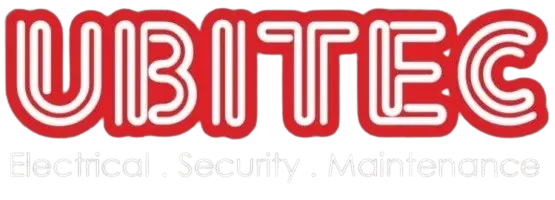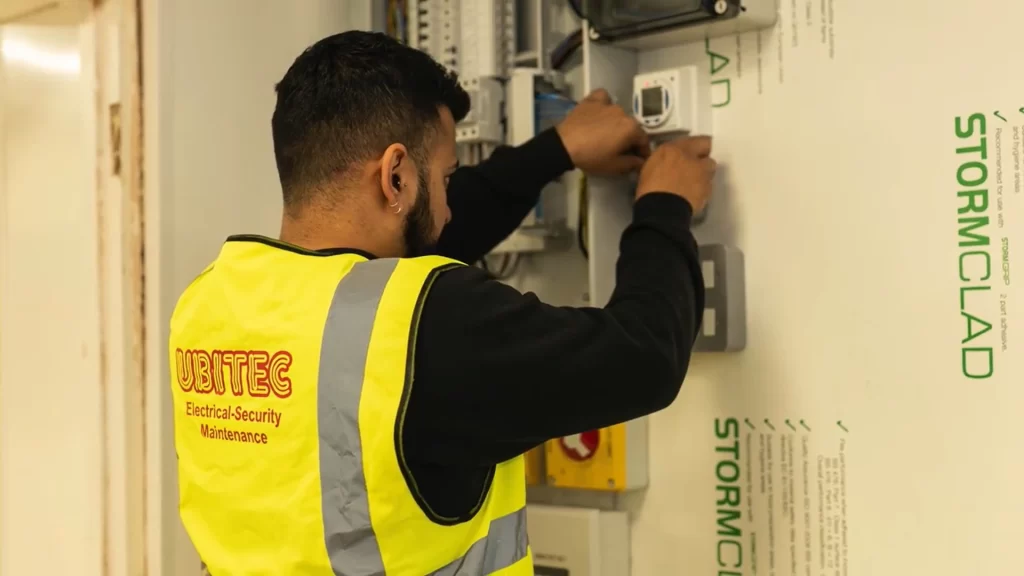
What Does an Electrician Do?
Electricians install, maintain, and repair electrical systems across homes, commercial premises, and industrial sites to keep power flowing safely and efficiently. Their work spans new installations, upgrades, fault-finding, and emergency callouts, all carried out to UK standards such as BS 7671 and Part P. They read plans, coordinate with other trades, and advise on energy-efficient solutions like EV chargers, solar, and smart systems.
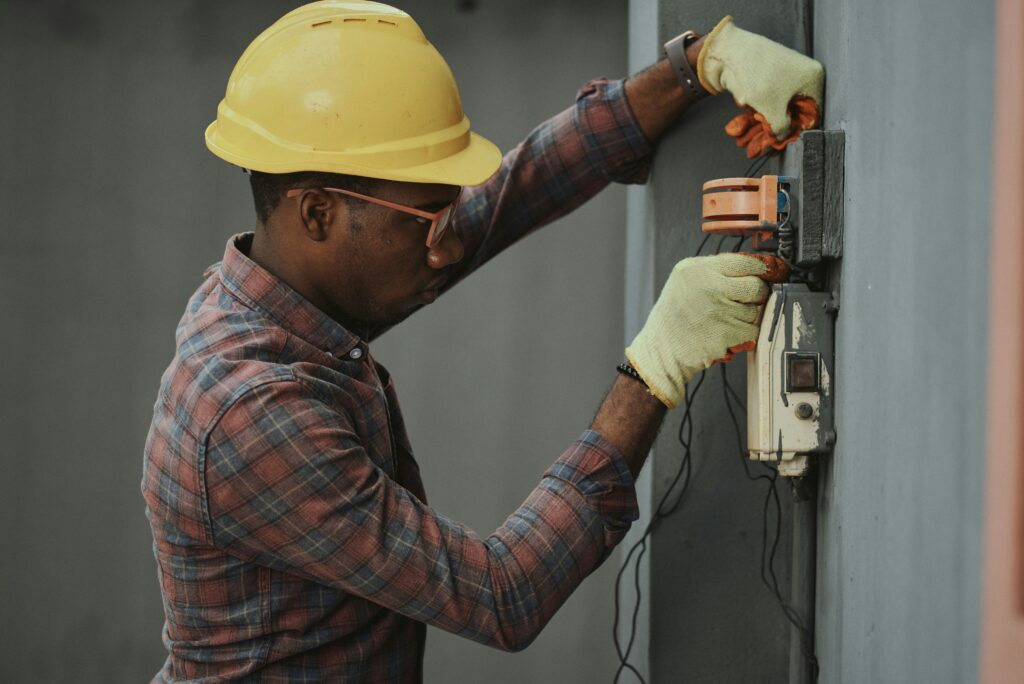
What Types of Electricians Are There?
Electricians typically specialise as residential, commercial, industrial, maintenance, or installation professionals, each with distinct skills and safety demands. Domestic specialists handle rewires, consumer units, and lighting; commercial experts manage complex controls, emergency lighting, and data; industrial teams work with high-voltage machinery and automation. Maintenance keeps systems reliable, while installation builds new infrastructure from the ground up, with further niches in alarms, CCTV, renewables, and EV charging.

How Do You Become a Qualified Electrician in the UK?
The recognised pathway combines college study (Level 2/3 Diplomas) with a 3–4 year apprenticeship leading to NVQ Level 3 and the AM2 practical assessment. Successful candidates typically secure an ECS card to prove competence and health & safety knowledge for site access. Ongoing CPD and certifications—such as 2391-52, 18th Edition updates, PAT, solar PV, and EV charging—keep electricians compliant and competitive.
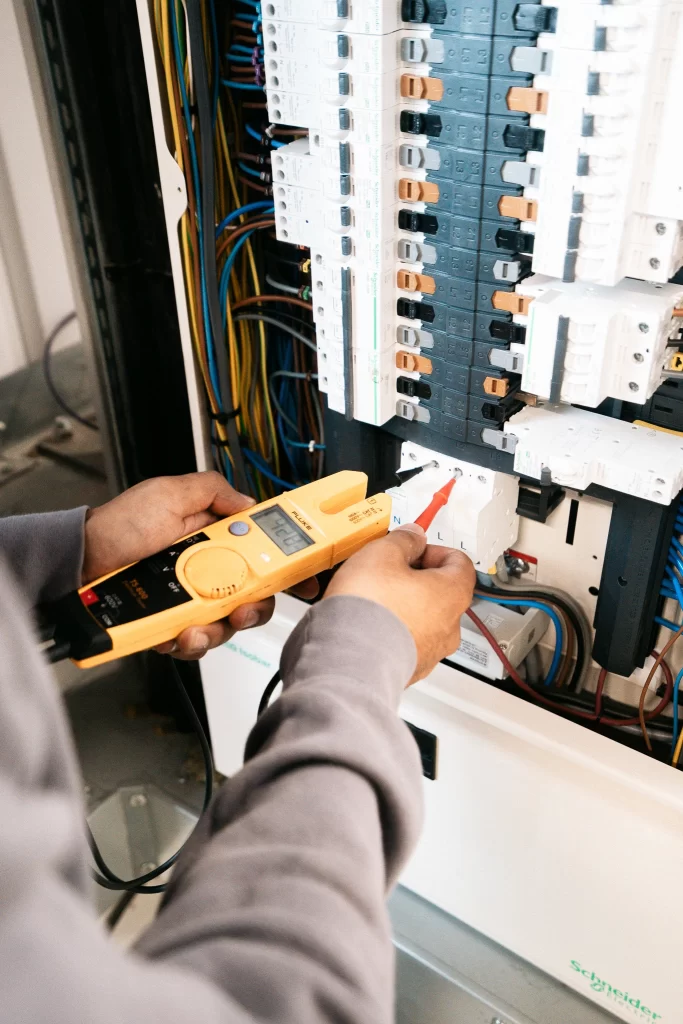
What Tools and Equipment Do Electricians Use?
Core kit includes multimeters, voltage testers, insulated hand tools, wire strippers, cable cutters, and conduit benders, plus fish tape/cable rods for tricky runs. Circuit breaker finders speed diagnostics, while PPE—gloves, goggles, boots, FR clothing—underpins safe working. Cordless power tools and digital aids (tablets, regs apps, drawings) improve accuracy, record-keeping, and on-site efficiency.

What Health, Safety, and Legal Rules Do Electricians Follow?
Safety is governed by the Health and Safety at Work Act, Electricity at Work Regulations, Building Regulations Part P, and BS 7671 (18th Edition). Competence, risk assessments, correct PPE, compliant tools, and rigorous inspection and testing (EICRs, PAT) are non-negotiable. Registration with schemes like NICEIC or NAPIT supports best practice, reduces risk, and protects clients and operatives alike.

How Do Electricians Work with Smart Homes and Modern Installations?
Electricians now integrate smart lighting, heating, security, and voice-controlled systems, requiring networking know-how alongside electrical skills. Load management, consumer unit upgrades, and structured cabling future-proof homes and businesses. With greater connectivity comes cyber-aware setup and maintenance to ensure secure, reliable, and energy-efficient operation.
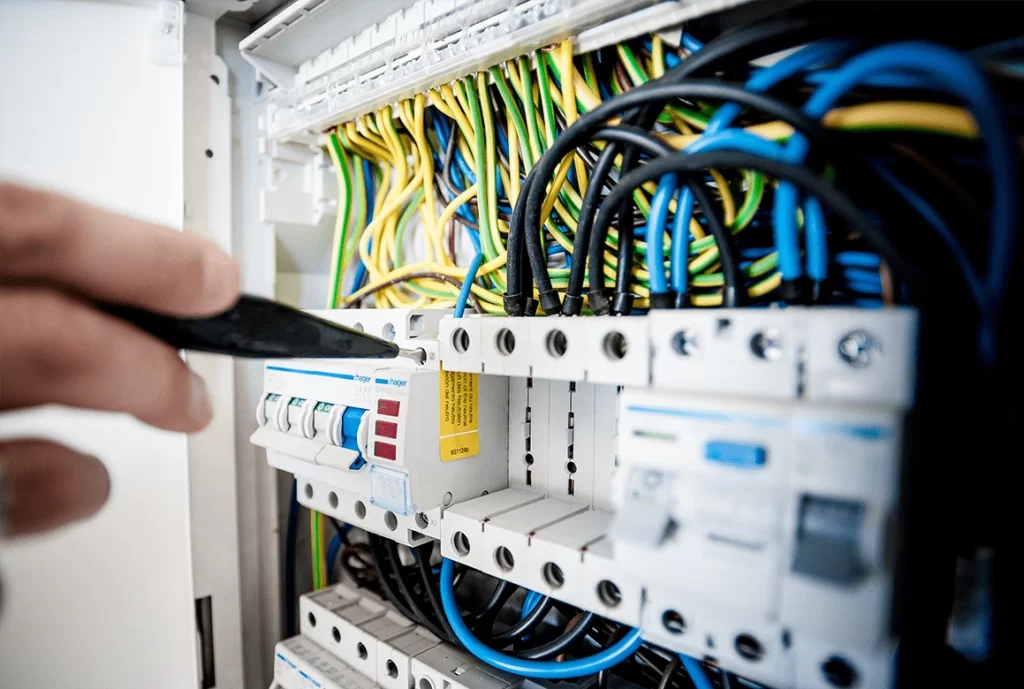
What Are the Most Common Electrical Problems and How Are They Fixed?
Frequent issues include tripping breakers, flickering lights, dead outlets, overheating accessories, and repeated surges. Qualified electricians diagnose safely using test instruments, resolve faults, and recommend upgrades—especially in older properties with outdated wiring. Preventive maintenance and periodic inspection catch risks early and maintain compliance with BS 7671.
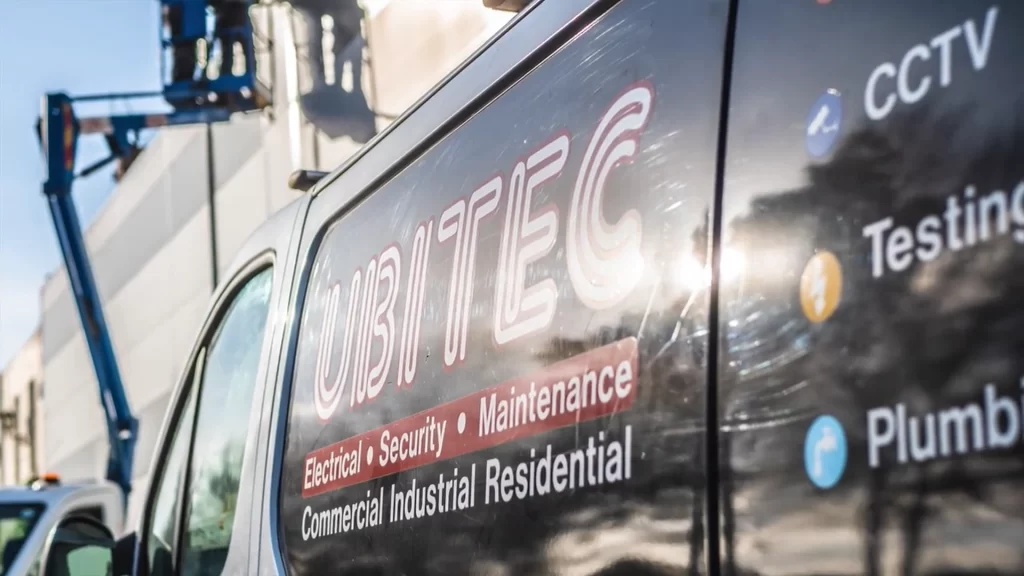
How Do You Choose a Reputable Electrician?
Check qualifications (NVQ Level 3, ECS), scheme registration (NICEIC/NAPIT), insurance, and relevant experience. Seek reviews and references, and request a written, itemised quote with clear scope and warranty terms. Ensure the electrician issues the correct certificates (EIC/MEIWC) and notifies Building Control where required.
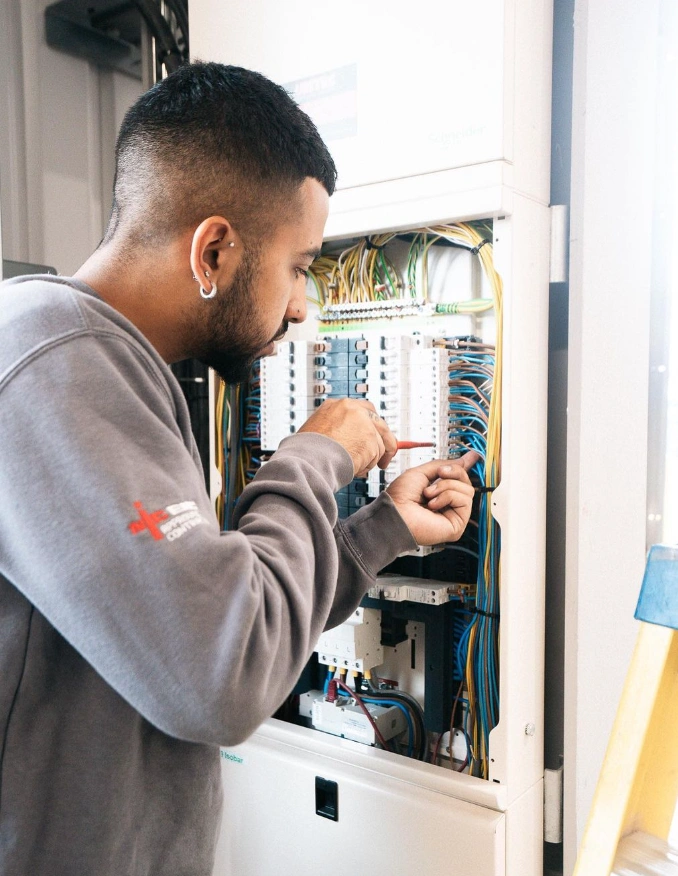
What Are the Electrical Regulations and Certification Requirements in the UK?
BS 7671 sets design, installation, and testing standards; Part P governs domestic work in England and Wales, with notification or self-certification via competent person schemes. Key documents include EICs, MEIWCs, and EICRs, the latter legally required for private rentals in England every five years. Regional oversight varies (e.g., Scotland’s standards via SELECT), but ECS cards remain widely required for site access.
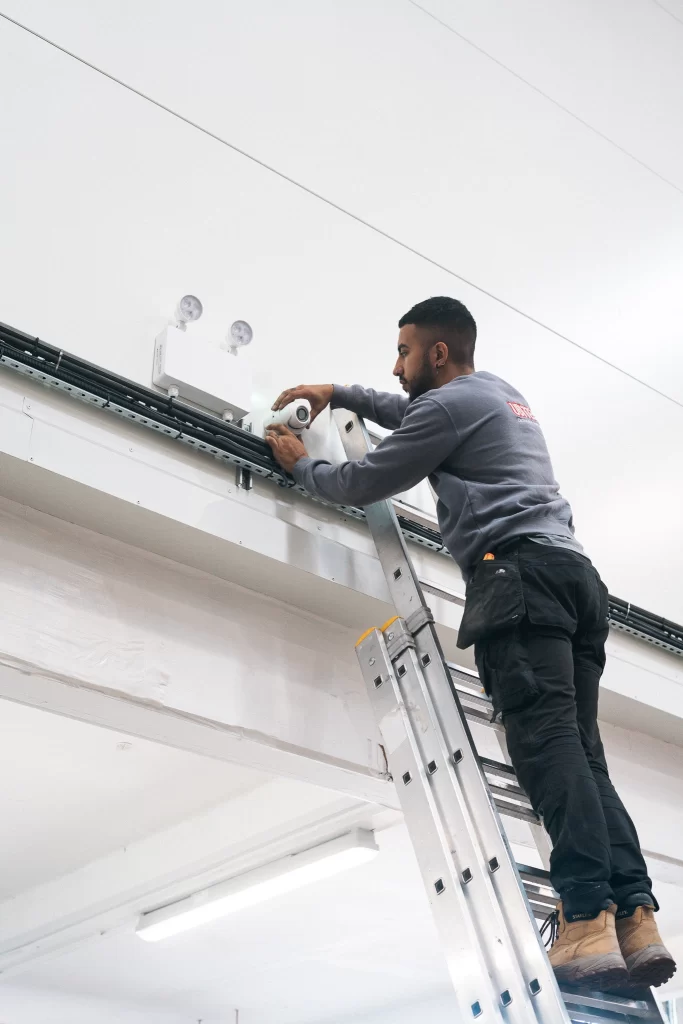
What Does the Future of Electrical Work Look Like?
Growth areas include renewables (solar PV, storage), EV charging infrastructure, smart buildings, and energy efficiency. Commercial automation, PLCs, AI-driven predictive maintenance, and building management systems expand electricians’ technical remit. Continuous upskilling and cross-disciplinary knowledge (IT/networking) will define success in an increasingly smart, sustainable, and connected sector.
